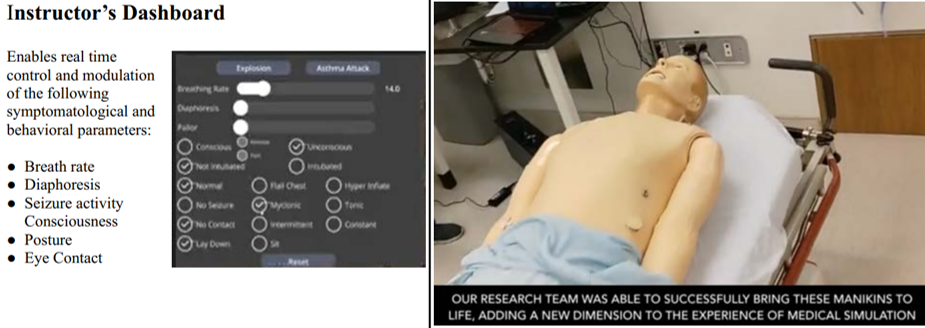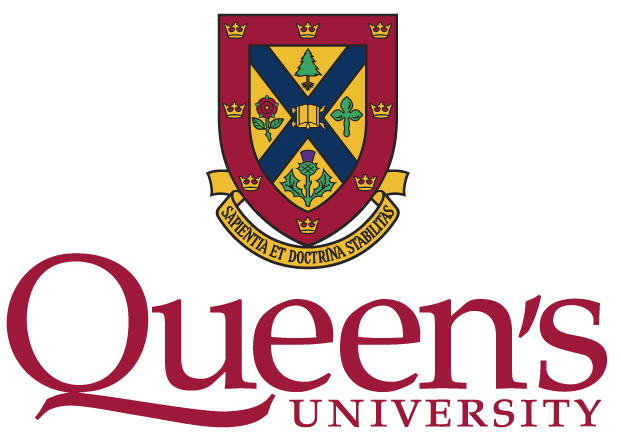In 2019, Paul and his team received funding of over $1 million from the Innovation for Defence Excellence and Security (IDEaS) program for Developing Intelligent, Adaptive Simulation and Operational Support to Augment Trauma Response Readiness.
IDEaS is an Innovation for defence excellence and security from the Canadian Department of National Defence (DND). The program has many funding mechanisms designed to improve DND’s access to the creative potential of Canadian innovators. From the early stages of an idea to the final testing in the real world, IDEaS mobilizes Canadian innovators through defence and security challenges and collaborates to best adapt, shape and maximize the potential of technology.
Paul and his interdisciplinary team based in Ingenuity Labs and the Queen’s School of Medicine are designing simulations for medical trainees that change automatically to suit the participant’s cognitive load and level of expertise.


Traditional patient simulators (manikins) are relatively unidimensional and lack the ability to express discomfort or demonstrate many physical findings. Paul’s’ team has been able to bring these manikins “to life”, adding a new dimension to the experience of medical simulation. Augmented reality (AR) can be projected on to the existing manikin or function independently. These AR patients have the ability to demonstrate a range of injuries, physical findings, and express pain. This goes beyond improving the ability of healthcare professionals in training to practice skills in diagnosis. This AR can also be used to train students to empathize with patients in distress, something difficult to do with unidimensional manikins. This AR solution has also successfully demonstrated the capability to represent a range of ethnic backgrounds and genders.
A short video demonstration these features can be viewed here.


